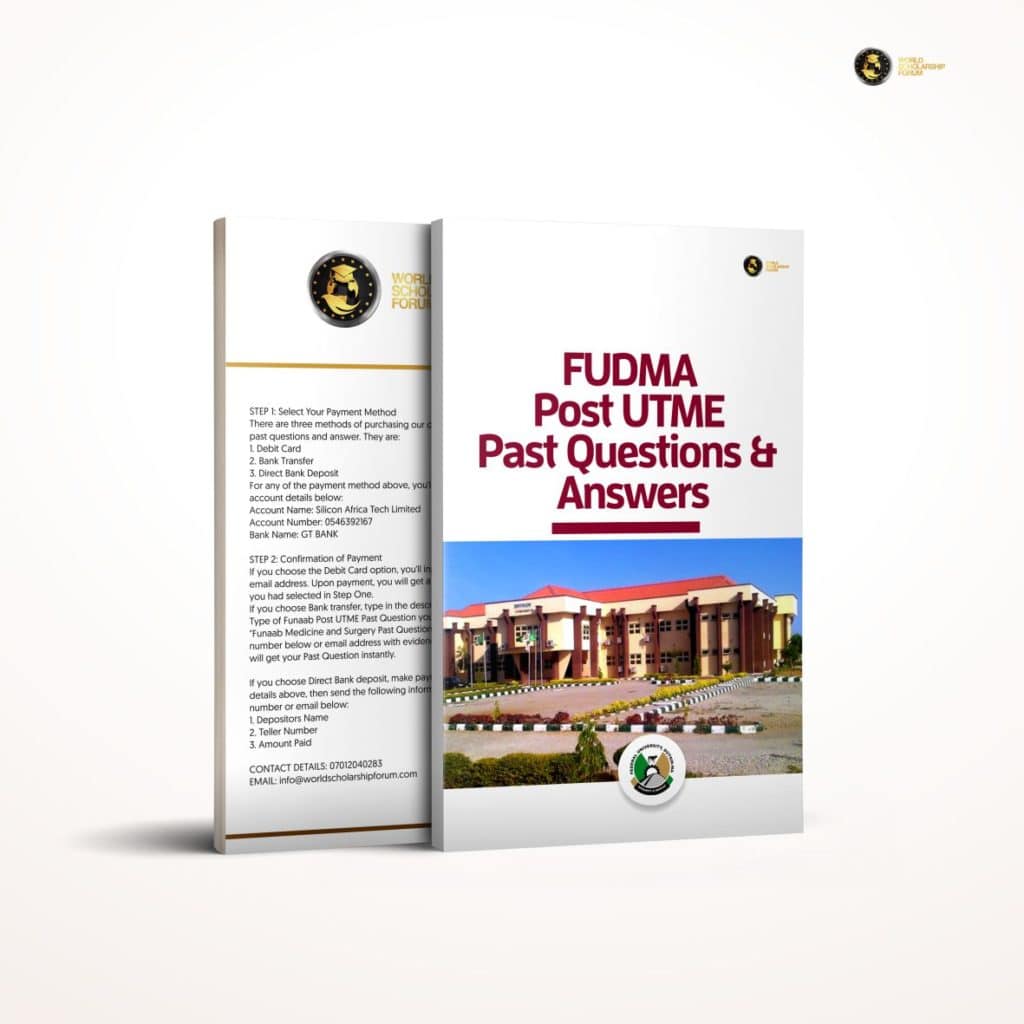When you study numbers in college, your career opportunities are not only man but also very lucrative. Big data and profitability of organizations of all kinds, competent number processors are more and more in demand.
According to the U.S. Bureau of Labor Statistics, the mathematics job market is expected to grow by a whopping 30 percent between 2018 and 2028, with a projected median salary of $ 88,190. Those who study mathematics are adept at solving problems and eager to understand even the most advanced equations.
Academic research is a common career path, but there are careers in business, economics, and banking. This wide range of opportunities stems from the universal need for graduates with strong analytical and problem-solving skills, which math graduates should have in abundance.
What is mathematics?
Relying on math experts and enthusiasts to help define the subject is likely to lead to a multitude of far-reaching and contradicting answers. So we will turn to dictionary solutions to this question.
The Oxford English Dictionary states mathematics is an “abstract science that deductively examines the inferences implicit in the elementary concepts of spatial and numerical relationships, and that includes geometry, arithmetic, and algebra as its main divisions”.
The American Heritage Dictionary summarizes the subject as “Investigating the Measurement, Properties, and Relationships of Quantities Using Numbers and Symbols”.
What do you learn in mathematics?
Within a mathematics degree, a student in the first year of study can expect a higher degree of contact hours, as the tutors work with the students to ensure an understanding of the core modules and concepts discussed in lectures and seminars.
A typical first-year course is an introduction to abstract algebra and areas such as nonlinear differential equations. The study of mathematics is increasingly based on digital technology, combined with computer science through modules such as symbol calculation and the automated demonstration of theorems.
The teaching can, among other things, form the basis for studying computer science, engineering, and statistics. For an undergraduate degree, the typical course duration is three years, although it can be four years in education systems like those in the United States, or when the course includes a year abroad or a part-time job.
What to Expect from a Mathematics Degree
If you are an undergraduate degree in mathematics, you will likely get a Bachelor of Science (BSc) or Bachelor of Arts (BA) degree in mathematics. Some institutions in Australia, Canada, India, Russia, the United States, and the Philippines also award Bachelor of Mathematics (BMath) degrees, but the difference is usually only in the name known as the “Tripos of Mathematics” takes three or four years to complete full-time study, with China and Australia offering the fourth year as an “honor year”.
Some institutions offer a Master of Mathematics (MMath) as an undergraduate degree, which allows students to enroll in a higher-level mathematics degree immediately after graduating from secondary school with math skills and knowledge in a real-world setting. Mathematics is usually taught through a combination of lectures and seminars, and students spend a lot of time working independently on problem-solving.
Ratings vary by institution; they can be assessed based on exams, internships, or a combination of both. A typical mathematics course is a combination of pure mathematics (theoretical and abstract) and applied mathematics (practical application to the world).
Some institutions also offer pure and applied mathematics as separate courses so that you can focus on just one. Mathematics is also often offered as a bachelor’s degree, along with subjects such as business administration, computer science, economics, finance, history, music, philosophy, physics, sports science, and statistics.
What can you do with a maths degree?
Understanding how to use numbers is valuable in areas from the government to business to the technology sector, and that’s one reason, a math degree is a marketable degree. Workers with impressive quantitative skills are generally attractive to employers and are therefore not automatically selected to become a high school math teacher or college math teacher.
While a career in education is one way to apply for a degree in mathematics, there are many job-related mathematics careers outside of the academic world. A degree in this field “prepares students very well to be problem-solvers for any purpose,” says Howell.
Although math graduates do not necessarily use “advanced math” in their careers, he explains that the analytical skills acquired through studying mathematics are valuable in almost any field, as these skills can help find solutions in challenging situations. Mathematics is also in contrast to the technical and engineering disciplines, he says, because those two areas tend to be focused on “technical education” while mathematics is less specialized.
One area where a math degree often comes in handy is operations research, which focuses on determining the organizational procedures that will maximize efficiency, Howell says. A math education can also provide a solid foundation for a software career or other job in the technology sector, he adds.
Google recruits mathematicians to develop search algorithms. Additionally,” a math qualification can lead to a lucrative finance position and prepare the incumbent to work as an analyst in almost any industry. “Howell suggests.
Experts say studying math helps get the following types of jobs. It should be noted, however, that besides these, there are other professions that math graduates can pursue: actuaries, algorithms, college or university math teachers, data scientists, entrepreneurs, high school math teachers, investment banking analysts, business consultants, mathematicians.
- Careers in Government Agencies: Workers with a college degree in mathematics often find work in government agencies. For example, the National Security Agency frequently hires math students because their education in encryption, code-cracking, data mining, encoding, and supercomputing is useful in applying math skills. Government agencies need to analyze huge amounts of data, and predicting the far-reaching implications of policy-making big problems with rigorous thinking is invaluable.
- Careers in banking: Opportunities in banking range from the world of retail banking to corporate investment banking. Both areas deal with public and private financial valuation, with opportunities to specialize in areas such as mergers and acquisitions, bonds and stocks, privatizations, loans, and initial public offerings and solutions for presenting to clients. Mathematics careers in banking can be lucrative, but again, some positions require professional finance skills.
- Teaching: In addition to academic functions with a research focus, there are many rewarding careers in mathematics in teaching. Most countries require a formal teaching certificate, which can usually be obtained in just over a year, and is often heavily subsidized by the government, with scholarships available to cover fees. often required in a corresponding subject. If you choose to go this route, you may also have the opportunity to do your scientific research.
- Engineering: While the most common way to get into engineering is with an engineering degree, a math degree can get you in some specialized roles as well, see working in mechanics, structure, aerospace, and many other areas of engineering. However, engineering professions often require specialist knowledge that is not covered in a mathematics degree. Engineering internships can help if you want to improve your employability right after graduation.
- Meteorology: Meteorology is more than just a representation of the weather, its job is to study weather conditions using data from weather stations, radars, remote sensing, and satellite images around the world to interpret causes and make predictions. You need excellent IT skills. as well as strong skills in analyzing and interpreting complex mathematical data.
- Accounting and Finance Career: A career in accounting offers several opportunities to math graduates in many different industries: Accounting jobs include roles as auditor, tax advisor, forensic accountant, management accountant, and management consultant. a degree in mathematics or a related field, you must also gain professional qualifications. However, when you start at a company as a trainee in this field, your employer will often help you gain both the experience and technical certification required to develop in your role.
- Actuaries Careers: Actuaries assess financial risk to manage and advise clients. By combining risk analysis skills with in-depth knowledge of business and economics, actuaries ensure solid investments are made and commercial /business goals are met. It is a relatively low-risk area
- Academic Careers and Research: Academic and research careers are very popular with math students. This path may appeal to those seeking the challenge of advancing the next few discoveries, theories, and applications from the field, as well as the prestige of pursuing some. of the greatest math minds in history. Academic and research-based careers in math can be incredibly diverse and depend on the area you choose to specialize in trade journals or help with the creation of full publications (during a gap year or in connection with other commitments).
- Statisticians Careers: Statisticians are specialists in statistics – collecting, analyzing, interpreting, and presenting statistics and quantitative data. Statistical skills are required in a wide variety of industries, from healthcare to government and finance to sports and organizing data through surveys, experiments, and contextual analysis. You may be asked to prepare reports and advise your clients/colleagues on possible strategies, for example, to make good financial decisions to achieve further business goals. You have in-depth analytical skills as well as extensive communication and IT skills.
Other common math professions are; Intelligence analysis, operations research, statistical research, logistics, financial analysis, market research (for companies), management consulting, IT (system analysis, development or research), software engineering, computer programming, public sector (advisory skills for statisticians), scientific research and development ( for example biotechnology, meteorology or oceanography).
Work Experience Gained
If you are interested in using your math skills in your chosen profession, a relevant industry year, graduation project, or thesis will help. Find out whether there is an opportunity to work on a research project with academic staff as part of a summer internship. Some mathematics programs offer places in areas such as banking, public service, computer science, consulting, financial services, retail.
Regardless of which position you are applying for, your application with previous knowledge will stand out from the field. Paid or voluntary experience in a relevant area shows your interest and commitment to your chosen profession and allows you to build a useful network of contacts and develop key qualifications.
If you would like to train to become a teacher after your studies, you will need experience working with children in the class and/or in a related environment such as sports clubs. Whether as an observer, class assistant, or volunteer, it is essential.
What skills does studying mathematics develop?
- Critical Thinking
- Problem Solving
- Analytical Thinking
- Quantitative Thinking
- Ability to manipulate precise and complicated ideas
- Constructing logical arguments and making illogical arguments
- Communication
- Time management
- Teamwork and independence
Conclusion
Math is challenging, rewarding, and fun. Mathematicians are logical and creative. Mathematics students have a wide range of options. The major in mathematics prepares students for traditional activities such as studying, teaching, and working as an actuary.
From Mathematics, the search for a mathematics major can be combined with a pre-employment curriculum or a science or engineering major to create a solid foundation for studying or working in a mathematics field.
References
- topuniversities.com/student-info/careers-advice/what-can-you-do-mathematics-degree
- prospects.ac.uk/careers-advice/what-can-i-do-with-my-degree/mathematics
- thebestschools.org/degrees/mathematics-degree/
- bestcolleges.com/careers/humanities-and-social-sciences/math/





